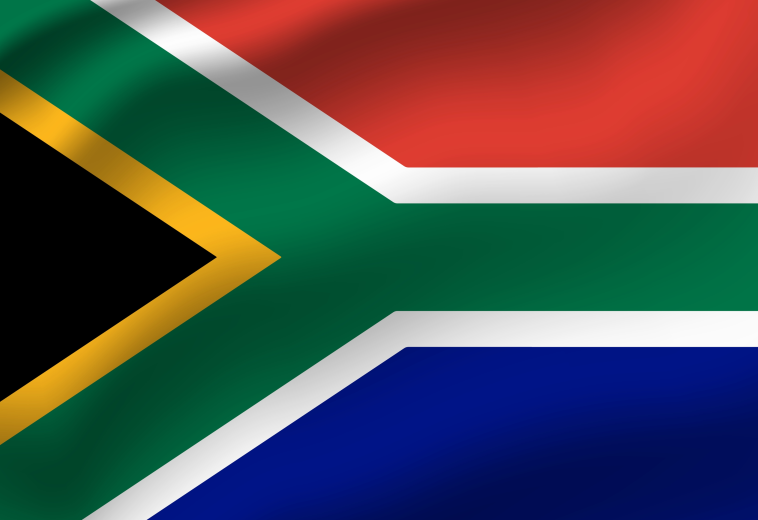There has been a growing recognition of the critical role energy security plays in driving Africa’s prosperity. With the continent experiencing rapid urbanization, population growth, and increasing industrialization, the energy demand has soared. Yet, the majority of the population still lacks access to electricity, hindering progress in key sectors such as healthcare, education, and commerce.
Reports show that Africa is the most energy-deprived continent globally, with over 75 percent of its population lacking access to electricity. The statistics are telling: in 2022, 600 million Africans lacked electricity, with a staggering 98 percent of them residing in sub-Saharan Africa. With Africa’s population projected to soar from 1.4 billion to 2.5 billion by 2050, coupled with increasing urbanization and incomes, the energy demand is set to surge dramatically.
The nexus between energy security and economic prosperity is undeniable. Countries with abundant and well-managed energy resources have the potential to fuel industrialization, attract investment, and create jobs. Moreover, reliable access to electricity is essential for powering essential services, such as hospitals and schools, and for enabling the adoption of modern technologies that drive innovation and productivity.
The energy deficit in Africa poses a significant barrier to economic development, with approximately 546 million Africans living in poverty, making up about half of the continent’s population. Access to energy is not only a matter of convenience but a prerequisite for fostering economic growth and creating employment opportunities.
Despite Africa hosting 18 percent of the global population, its energy consumption remains disproportionately low, accounting for less than 6 percent of global energy usage. Particularly stark is the per capita energy consumption in sub-Saharan Africa, which stands at a mere 180 kilowatt hours (kWh), a fraction of the figures seen in Europe and the United States.
The gap between energy demand and supply continues to widen due to factors such as population growth, and disruptions in supply chains. There has been a reversal in efforts to increase electricity access, with nearly three-quarters of Africa’s population still lacking access to clean cooking facilities. Africa boasts abundant energy resources, yet it remains the most energy-poor continent. The dependence on exporting resources rather than utilizing them domestically exacerbates this paradox.
Weak, unreliable, and aging infrastructure poses a significant obstacle to improving energy access. Grid collapses, load shedding, and insufficient investment in maintenance undermine efforts to strengthen energy security. Also, high levels of debt limit the ability to invest in energy infrastructure, with debt servicing costs consuming a significant portion of government revenues. Many public utilities cannot meet energy needs, hampered by financial mismanagement and corruption.
The challenging business environment in Africa deters private sector investment in the energy sector, exacerbating the energy crisis. To address these challenges and work towards universal energy access, several recommendations are proposed.
– Promote the use of natural gas as a transition fuel, combining renewable energy with gas to achieve universal access while minimizing emissions.
– Scale up investment in renewable energy sources to meet energy needs sustainably, requiring collaboration between governments, multilateral organizations, and the private sector.
– Invest in grid, off-grid, and mini-grid infrastructure to expand energy access, with a focus on rural areas where grid expansion is economically unfeasible.
– Encourage private sector participation through deregulation, fostering competition, improving service quality, and reducing costs.
– Establish transparent regulatory frameworks to mobilize private capital, ensuring accountability and de-risking investments in the energy sector.


